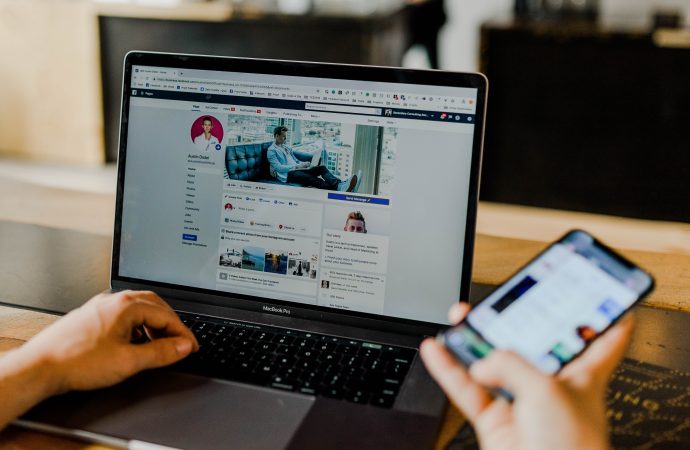Introduction The media plays a crucial role in shaping our understanding of current events. From newspapers to television news to social media, the press has the power to influence public opinion and shape the way we view the world around us. In this article, we will explore the ways in which the media shapes our
Introduction
The media plays a crucial role in shaping our understanding of current events. From newspapers to television news to social media, the press has the power to influence public opinion and shape the way we view the world around us. In this article, we will explore the ways in which the media shapes our understanding of current events and the impact this can have on society.
The Role of the Media in Society
The media serves as a watchdog for society, holding those in power accountable and informing the public about important issues. It provides a platform for diverse voices and perspectives, allowing for a more informed and engaged citizenry. However, the media can also be used to manipulate public opinion and promote certain agendas.
The Influence of Bias
One of the ways in which the media shapes our understanding of current events is through bias. Bias can be intentional or unintentional, but either way, it can have a significant impact on the way we perceive the news. For example, a news outlet with a conservative bias may report on a political issue in a way that favors conservative viewpoints, while a news outlet with a liberal bias may report on the same issue in a way that favors liberal viewpoints. This can lead to a polarized society where people only consume news that confirms their existing beliefs.
The Impact of Sensationalism
Another way in which the media shapes our understanding of current events is through sensationalism. Sensationalism refers to the use of exaggerated or shocking headlines and stories to attract attention and increase viewership. While sensationalism can be effective in getting people to pay attention to the news, it can also lead to a distorted view of reality. For example, a news story about a rare and deadly disease may lead people to believe that the disease is more widespread and dangerous than it actually is.
The Importance of Fact-Checking
To combat bias and sensationalism, it is important for the media to engage in fact-checking. Fact-checking involves verifying the accuracy of information before it is reported. This can help to ensure that the news is presented in a fair and balanced way, and that the public is not misled by false or misleading information.
Conclusion
The media plays a powerful role in shaping our understanding of current events. While it can be a force for good, it can also be used to manipulate public opinion and promote certain agendas. By being aware of bias and sensationalism, and by engaging in fact-checking, we can ensure that the news we consume is accurate and informative.

















Leave a Comment
Your email address will not be published. Required fields are marked with *